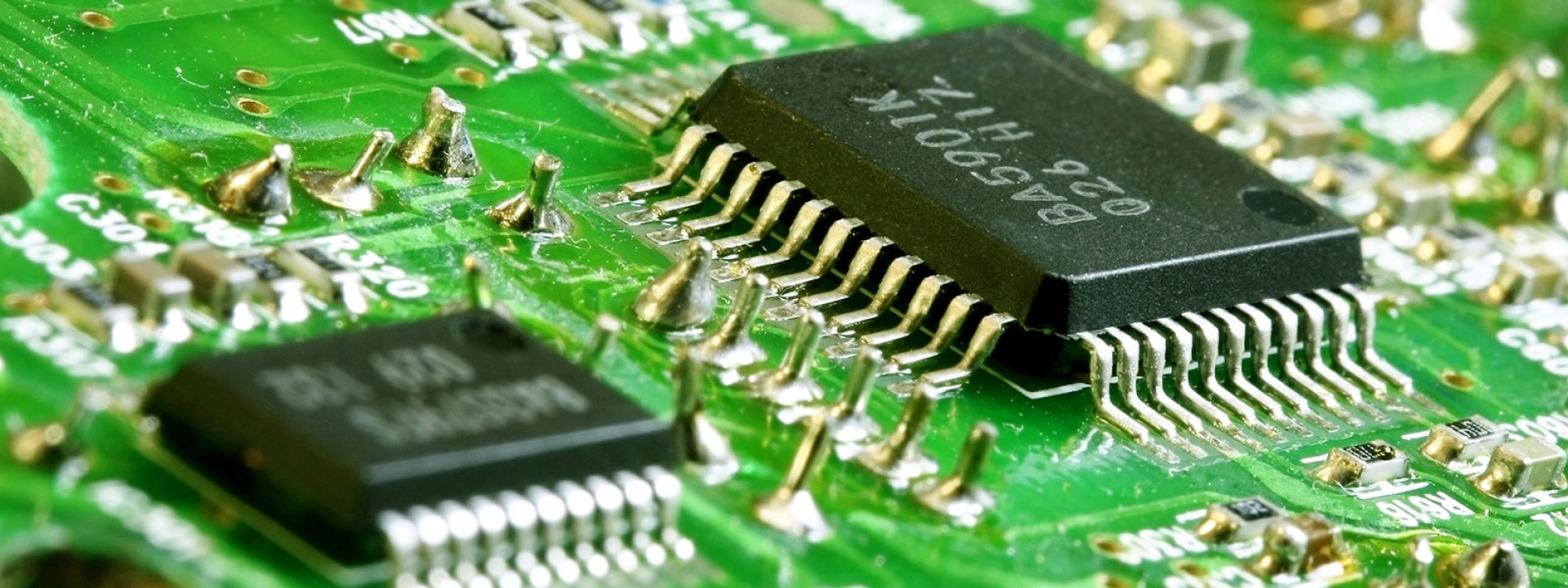News & Events
GlobalFoundries (GF) last week announced a $117 million partnership with the U.S. Department of Defense (DoD), in which the chipmaker will assist the DoD in resupplying critical U.S.–made semiconductors for national security systems.
The public–private partnership, in support of the DoD’s Executive Order 14017, will allow GF to supply the DoD with chips manufactured on the chipmaker’s 45–nm silicon–on–insulator (SOI) platform.
To do so, GF’s manufacturing operations will be moved from its Fab 10 located in East Fishkill, New York, to its Fab 8. This transfer proves beneficial to GF’s manufacturing operations in that it will allow the chipmaker to continue to offer its 45–nm SOI platform to commercial customers once its Fab 10 transitions to onsemi, according to the company’s press release.
The first chips produced as a result of the agreement are expected to be delivered sometime in 2023, according to GF.
GF claims the partnership “boosts the national economy, while also securing a strategic and reliable supply of chips needed by the U.S. government for aerospace, defense, and other mission–critical applications.”
ast month, lawmakers pleaded the case to Congress that because Asia accounts for over 70% of global chip production and the U.S. accounts for only 12% — data previously published by the Department of Commerce — the lack of domestic production poses detrimental “economic and national security vulnerabilities.”
“A significant interruption to our supply of semiconductors could cause historic damage to the U.S. economy — damage far greater than the impact of chip shortages on the American auto industry right now — and would undercut our technological competitiveness and military advantages over adversaries globally,” the White House said last month.
Similarly, Jim McGregor, Tirias Research founder and principal analyst, argues that a lack of domestic chip production spells disaster for the U.S. economy and its security.
“Think about the fact that we have over 50% of our semiconductor manufacturing capacity in regions that are threatened by communist regimes — that’s a scary thought, and it’s even scarier today than it was five years ago,” McGregor told EE Times in an interview. “Part of this is also rebalancing because geopolitics has gone nuts in the last couple of years, and we don’t know what’s going to happen. Even if we overshoot demand, it’s still going to be important that we have more manufacturing capacity in other regions, especially Europe and North America.”
In compliance with both U.S. Export Control Classification Numbers under the Export Administration Regulations and International Traffic in Arms Regulations, GF’s Fab 8 will focus on providing “silicon–based semiconductors for defense aerospace applications,” among other critical infrastructure commercial applications. GF is currently working toward securing classified status for Fab 8.
In a separate statement, the DoD is optimistic regarding the partnership, claiming that the agreement with GF “will strengthen the domestic microelectronics industrial base, as part of the nation’s effort to sustain its semiconductor manufacturing capability necessary for national and economic security.”
By EETimes






